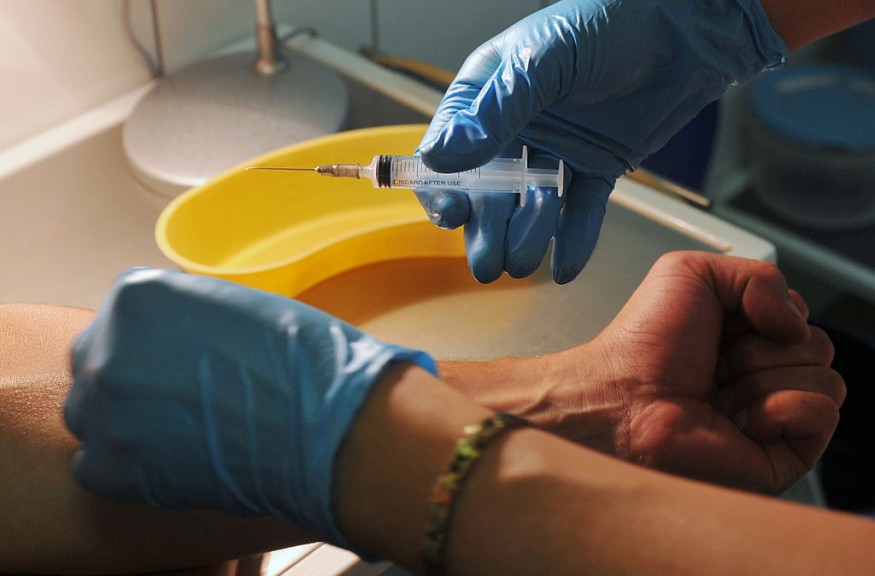A group of HIV patients has been demonstrating in front of the National AIDS Control Organization (NACO) headquarters in India's New Delhi for several days due to the alleged lack of essential antiretroviral (ARV) medications at government facilities that are needed to prevent the virus from spreading.
According to national standards, NACO centrally procures ARV medications for patients living with HIV. More than 14.5 lakh People Living with HIV (PLHIV) in India get free ARV medications for lifelong treatment through 680 antiretroviral therapy (ART) centers as part of its National AIDS Control Programme, Ommcom News mentioned.

India Allegedly Faces Shortage of HIV Medicines This Year
According to local reports, HIV medicines have been scarce in India since March of this year. The protest started on July 21 after one of the medications, dolutegravir-50mg, was out of supply at centers for the preceding three days, including those in the capital.
Dolutegravir, a component of first-, second-, and third-line ART combinations, is the most in limited supply. Nevirapine syrup, administered to newborns with HIV, is also in low supply. At India's RML Hospital, a newborn delivered earlier this month was given syrup that would expire in four days.
The networks of positive persons report that 12 states are experiencing a stockout of at least one or more medications, with the majority experiencing issues with pediatric and second and third lines of antiretrovirals.
ART tries to stop HIV from replicating and lower the viral load to undetectable levels, although there is no known cure for HIV infection. Due to increased access to inexpensive and efficient ART, there has been a decrease in HIV-related sickness and mortality.
HIV progression and opportunistic infections are reduced due to long-term ART therapy, which also extends life expectancy and improves the quality of life. If medications are not taken as prescribed, there is a chance that viral replication may increase and therapeutic progress will regress.
ALSO READ : Risks of Anal Cancer Cut by Half in HIV-Positive Patients with Precancerous Anal Lesion Treatment
Indian Government Clarifies There's No Shortage of HIV/AIDS Medicine
Officials from the Union health ministry said on Tuesday that there was no shortage of antiretroviral (ARV) drugs in India amid the ongoing protests in the region.
According to representatives from the health ministry, the country's 95 percent of HIV patients who are on first- and second-line antiviral (ARV) regimens such tablet TLD (Tenofovir+ Lamivudine+ Dolutegravir) and other ARV regimens have enough medicine on hand.
"The mainstay of treatment for more than 85% PLHIV is Tablet TLD [a fixed-dose-combination of three anti-retroviral drugs, namely, Tenofovir (300mg) +Lamivudine(300mg) + Dolutegravir(50mg)], for which there is sufficient stock nationally to last more than three months," an official from the ministry said, requesting anonymity (per local reports).
"Tablet Dolutegravir (DTG)-50mg is required for around 50,000 persons living with HIV (PLHIV) who are either on Alternate-first, second or third-line regimens or those with TB (tuberculosis) co-infection," the official added.
The official stated that there isn't stock out of any ARV medications at the state level. According to the official, new supply orders have already been issued to acquire the upcoming batch of many medicines.
To guarantee that the medications are given before the current stock runs out, requests have been made to supply the first lot of the pills as soon as possible, the official added.
The delegates were also apprised of the situation surrounding medication supply, and they were instructed to collaborate with state AIDS control societies and NACO to ensure that pharmaceuticals are available at the few ART centers that are temporarily running low on supplies.
RELATED ARTICLE : HIV Infection Treatment Found? Will This New Medical Breakthrough Finally Cure Patients with AIDS?
Check out more news and information on Medicine and Health in Science Times.









